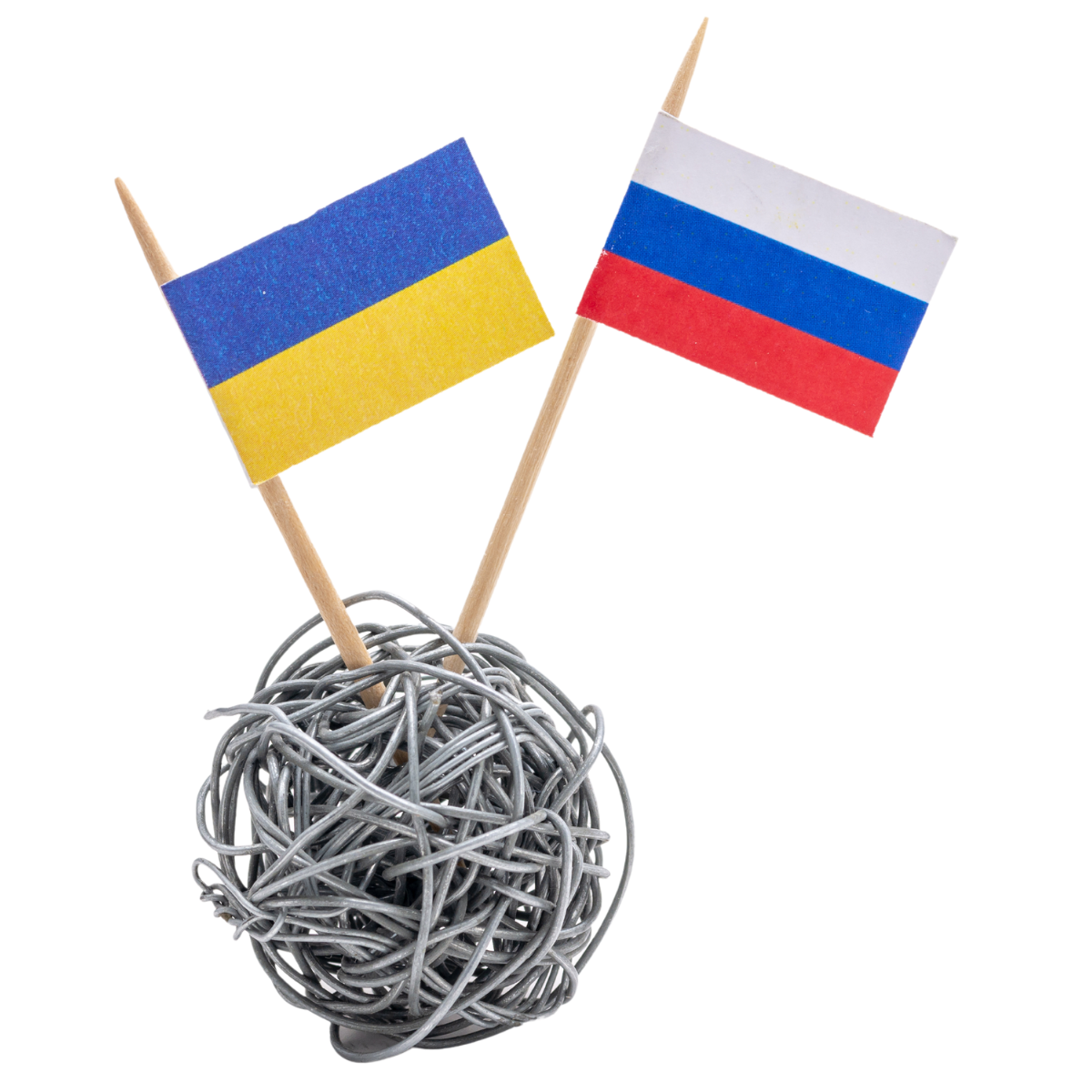
Understanding Economic Conflict: Impact and Strategies
Economic conflicts, whether on a global or local scale, have profound implications for societies, businesses, and individuals. Examining the impact of such conflicts and developing effective strategies to navigate them is crucial in fostering economic stability and growth.
The Ripple Effect on Global Economies
Economic conflicts send shockwaves through global economies, affecting trade, investment, and financial markets. Trade tensions, sanctions, and currency fluctuations can disrupt the interconnected nature of the world economy. The impact often transcends borders, leading to a domino effect that influences businesses and livelihoods worldwide.
Business Resilience in the Face of Challenges
For businesses, the impact of economic conflict is multifaceted. Supply chain disruptions, market uncertainty, and currency devaluation pose significant challenges. Successful enterprises navigate these hurdles by cultivating resilience, diversifying supply chains, and implementing agile strategies to adapt swiftly to changing economic landscapes.
Financial Markets and Investor Sentiment
Economic conflicts inject volatility into financial markets, influencing investor sentiment and behavior. Stock market fluctuations, changes in commodity prices, and shifts in currency values become common occurrences. Investors must navigate this uncertainty by staying informed, diversifying portfolios, and adopting risk-management strategies to safeguard their investments.
Employment and Socioeconomic Disparities
Economic conflicts often lead to job losses and disparities in socioeconomic conditions. Industries directly impacted by trade restrictions or sanctions may experience layoffs, affecting workers and their families. Governments and organizations play a crucial role in addressing these challenges through targeted policies, job training programs, and social support initiatives.
Innovation Amidst Adversity
While economic conflicts pose challenges, they also serve as catalysts for innovation. Businesses compelled to adapt to new market conditions often find innovative solutions, leading to the development of new technologies, business models, and industries. Embracing innovation becomes a strategic response to economic uncertainties.
The Role of Diplomacy and International Cooperation
Diplomacy and international cooperation are vital tools in mitigating the impact of economic conflicts. Dialogue, negotiation, and diplomatic efforts can pave the way for resolutions that promote economic stability. Collaborative initiatives among nations foster trust and provide a foundation for shared economic prosperity.
Navigating Trade Wars and Tariffs
Trade wars and tariff disputes are common components of economic conflicts. Understanding the intricacies of trade policies, tariffs, and their impact on industries is essential for businesses. Engaging in advocacy, participating in industry alliances, and staying informed about trade negotiations enable organizations to navigate this complex landscape.
Technological Advances Shaping Economic Responses
Technological advancements play a significant role in shaping responses to economic conflicts. Digital transformation, artificial intelligence, and data analytics provide tools for businesses and governments to make informed decisions. Leveraging technology enhances efficiency, promotes resilience, and enables more precise economic forecasting.
Community Engagement for Economic Resilience
Building economic resilience at the community level is essential for weathering economic conflicts. Community engagement, local economic development initiatives, and support for small businesses contribute to a more robust and adaptable local economy. Grassroots efforts empower communities to withstand external economic pressures.
Strategies for Economic Conflict Impact Mitigation
Implementing effective strategies is key to mitigating the impact of economic conflicts. These may include proactive risk management, diversification of economic activities, investment in education and skills development, and fostering a culture of innovation. Governments, businesses, and individuals all play integral roles in creating a more resilient economic landscape.
In navigating the complexities of economic conflicts, understanding the diverse impact on global and local scales is paramount. Explore insights and strategies to address Economic Conflict Impact at dearakana.my.id to foster economic stability and growth.




